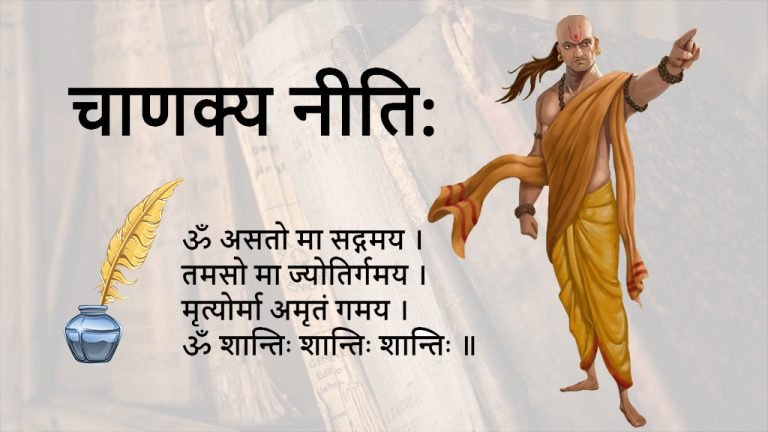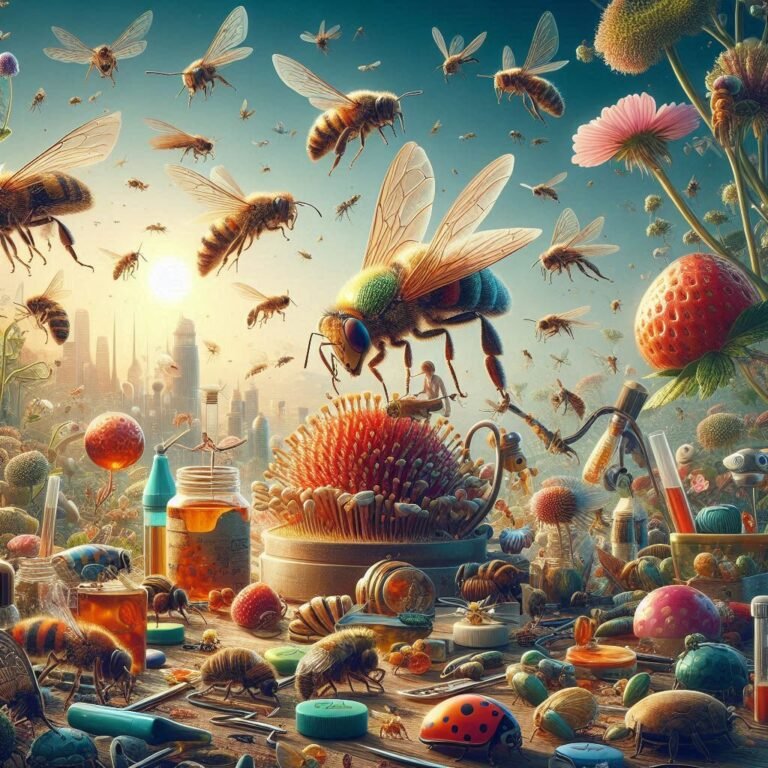Chanakya is considered the pioneer of the field of Political science and economics in India, and his work is thought of as an important precursor to classical economics. Chanakya the Great Economist was an ancient Indian polymath who was active as a teacher, author, strategist, philosopher, economist, jurist and royal advisor. He is traditionally identified as Kauṭilya or Vishnugupta, who authored the ancient Indian political treatise, the Arthashastra, a text dated to roughly between the fourth century BCE and the third century CE. The Arthashastra continued to exert considerable influence after the reign of Ashoka but then disappeared and was considered lost until it was discovered in 1905 CE by the Sanskrit scholar Rudrapatna Shamasastry (l. 1868-1944 CE). Rudrapatna Shamasastry published the work in 1909 CE and then translated it into English and published that version in 1915 CE which brought it greater attention.
Chanakya’s Arthashastra which is very famous by the name of Niti Shastra, describes 17 chapters and 342 sutras written in it. For details visit our site https://digitalksp.com/category/education/.
Chanakya NITI – 17th Chapter – in English
- The scholar who has acquired knowledge by studying innumerable books without the blessings of a bonafide spiritual master does not shine in an assembly of truly learned men just as an illegitimate child is not honoured in society.
- We should repay the favors of others by acts of kindness; so also should we return evil for evil in which there is no sin, for it is necessary to pay a wicked man in his own coin.
- That thing which is distant, that thing which appears impossible, and that which is far beyond our reach, can be easily attained through tapasya (religious austerity), for nothing can surpass austerity.
- What vice could be worse than covetousness? What is more sinful than slander? For one who is truthful, what need is there for austerity? For one who has a clean heart, what is the need for pilgrimage? If one has a good disposition, what other virtue is needed? If a man has fame, what is the value of other ornamentation? What need is there for wealth for the man of practical knowledge? And if a man is dishonoured, what could there be worse in death?
- Though the sea, which is the reservoir of all jewels, is the father of the conch shell, and the Goddess of fortune Lakshmi is conch’s sister, still the conch must go from door to door for alms (in the hands of a beggar). It is true, therefore, that one gains nothing without having
given in the past. - He whose father’s sea is the mine of precious gems, whose real sister is the goddess Lakshmi that couch shall have no reason to beg. In other words it is a pity of fate that having rich relations still a man is forced to beg.
- When a man has no strength left in him he becomes a sadhu, one without wealth acts like a brahmacari, a sick man behaves like a devotee of the Lord, and when a woman grows old she becomes devoted to her husband.
- No gift is better than the gift of cereal and water, no date is better than the twelth day of lunar calender, no words power is greater than ‘Gayatri Mantra’ and no God is greater than mother.
- There is poison in the fang of the serpent, in the mouth of the fly and in the sting of a scorpion; but the wicked man is saturated with it.
- The place of poison in a snake is in the tooth, in a fly in the head, in the scorpion in. the tail but the wicked has poison in his whole body.
- The woman who fasts and observes religious vows without the permission of her husband shortens his life, and goes to hell.
- A woman does not become holy by offering charity, by observing hundreds of fasts, or by sipping sacred water, as by sipping the water used to wash her husband’s feet.
- A woman does not become pious by giving alms to the needy, performing austerities and fasts and offering prayers at sacred places, as by having the water she gets after washing her husband’s feet.
- The remaining water after washing one’s feet, drinking to one’s need and after completing the morning evening worship, should never be consumed as it is as awesome as the urine of a dog. If one drinks it he · must keep the fast for the whole day and should take his/her food or water after seeing the moon.
- The hand is not so well adorned by ornaments as by charitable offerings; one does not become clean by smearing sandalwood paste upon the body as by taking a bath; one does not become so much satisfied by dinner as by having respect shown to him; and salvation is
not attained by self-adornment as by cultivation of spiritual knowledge.
- For cutting and setting of hairs going to the barber’s residence, adoring the stone by sandalwood paste and seeing own face in water if done by Indra even then the Goddess Lakshmi will leave her.
- The eating of tundi fruit deprives a man of his senses, while the vacha root administered revives his reasoning immediately. A woman at once robs a man of his vigorous whole milk and at once restores it.
- He who nurtures benevolence for all creatures within his heart overcomes all difficulties and will be the recipient of all types of riches at every step.
- Those who have regards for others, have their problems getting solved automatically and they receive their benefits at every step.
- What is there to be enjoyed in the world of Lord Indra for one whose wife is loving and virtuous, who possesses wealth, who has a well behaved son endowed with good qualities, and who has grandchildren born of his children?
- That home is greater than the divine pleasure which has a virtuous wife or lady, a noble natured and promising/son with his own son (grandson) and enough wealth.
- Men have eating, sleeping, fearing and mating in common with the lower animals. That in which men excel the beasts is discretionary knowledge; hence, indiscreet men who are without knowledge should be regarded as beasts.
- All beings including human beings need food, sleep, sex and fear. All are alike but it is the knowledge that separates human beings from the others. A man without knowledge is like an animal only.
- If the bees which seek the liquid oozing from the head of a lust intoxicated elephant are driven away by the flapping of his ears, then the elephant has lost only the ornament of his head. The bees are quite happy in the lotus filled lake.
- Blinded by his intoxication the elephant flays away the black bees by his ears. The loss was not of black bees but of the elephant as his visage lost charm. The black bees went back to the cluster of the lotus flower. In these lines Chanakya denotes that if fools do not give proper respect to the virtues, it is they who suffer the loss not the virtues which have many admirers.
- A king, a prostitute, Lord Yamaraja, fire, a thief, a young boy, and a beggar cannot understand the suffering of others. The eighth of this category is the tax collector.
- The king, the prostitute, the God of death (Yamraj), fire, theif, beggar, a child and a wicked of the village do not know the sorrow of the others. They always think of themselves only.
- O lady, why are you gazing downward? Has something of yours fallen on the ground? (She replies) O fool, can you not understand the pearl of my youth has slipped away?
- In this ethic Chanakya has depicted that in spite of being old a woman always searches for her youth.
- O ketaki flower! Serpents live in your midst, you bear no edible fruits, your leaves are covered with thorns, you are crooked in growth, you thrive in mud, and you are not easily accessible. Still for your exceptional fragrance you are as dear as a kingsmen to others. Hence, a single excellence overcomes a multitude of blemishes.
- O! pandanus (Kewara) in spite of your being the dwelling in the living place of snakes, being fruitless, full of thorns, originating in the mud, accessible with great difficulty still you are lovely and dear to all because of your sweet fragrance. Only a good virtue covers every defect.






